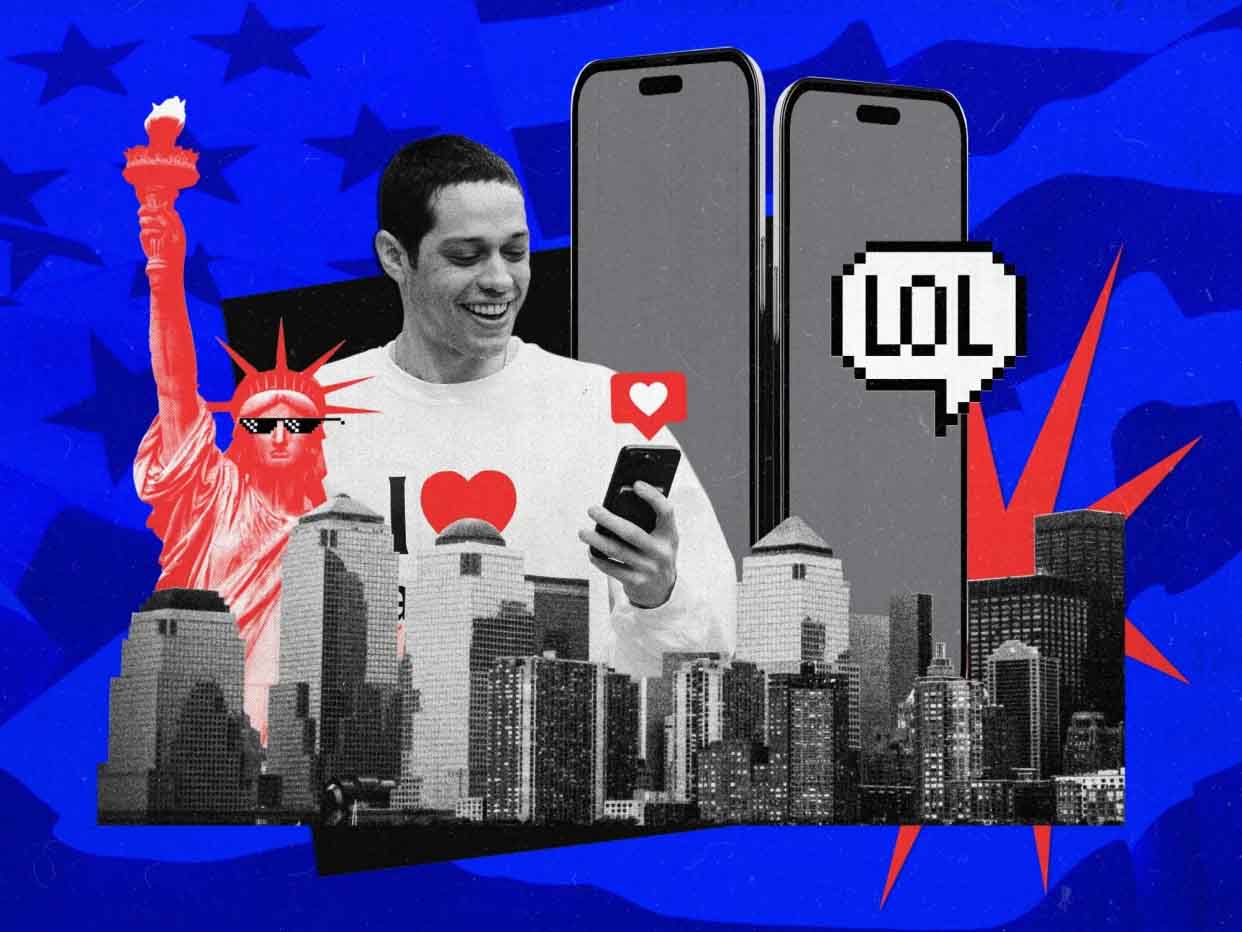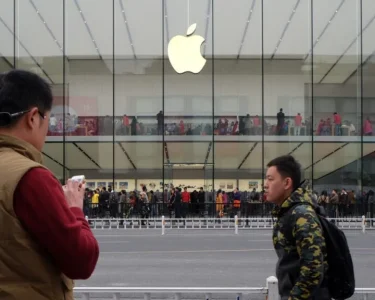In the digital age, humor has taken on many forms, with memes becoming a primary method of communication, expression, and even coping. Recently, a growing phenomenon has emerged: the use of 9/11 as a meme by Generation Z. For many, this may come as a shock, but for Gen Z, it’s often just another part of the humor landscape.
Is this new form of expression a sign of progress, where younger generations are able to move on from the trauma, or is it something that should give us pause?
The Evolution of 9/11 in Popular Culture
For those who lived through the September 11, 2001 attacks, the day remains etched in memory—a moment that changed the world forever. The images of the Twin Towers, the Pentagon, and the bravery of first responders are painful, evoking emotions of grief, anger, and unity.
However, for Generation Z—those born after 1996—the event is not a personal memory. It’s something they’ve learned about in history classes, watched in documentaries, or discussed in online forums. Without the emotional weight that older generations carry, 9/11 has, in some corners of the internet, transformed from a solemn topic into something meme-worthy.
Memes that reference 9/11 often involve irreverent humor, dark jokes, or surreal images that juxtapose tragedy with absurdity. To older generations, this might feel deeply uncomfortable, even disrespectful. But for Gen Z, the humor serves a different purpose.
Dark Humor as a Coping Mechanism
It’s important to understand that Generation Z is growing up in a world that is radically different from the one that existed before 9/11. The rise of social media, constant news cycles, and global crises like climate change and pandemics have contributed to a sense of existential dread that many young people feel. Dark humor has emerged as a coping mechanism—an outlet to make sense of overwhelming realities.
9/11 memes, as part of this broader trend, allow Gen Z to confront the traumatic aspects of modern life without being weighed down by the gravity of it. In a world that sometimes feels bleak and uncontrollable, dark humor becomes a way to reclaim agency.
The Fine Line Between Progress and Disrespect
So, is this progression or something more sinister? Some argue that the ability to joke about 9/11 is a sign that society has moved forward. It’s not about forgetting the tragedy, but rather about approaching it from a new angle—one that feels less heavy, more digestible.
For Gen Z, who didn’t live through the attacks, 9/11 is a historical event. Their humor doesn’t carry the same emotional charge as it does for those who were alive during the attacks. And while some may view this as disrespectful, it could also be seen as a sign that society is healing.
But this line of thought is contentious. Some believe that trivializing such a horrific event is a dangerous trend, potentially encouraging apathy or a lack of historical understanding. Just because the wounds of 9/11 don’t feel fresh to younger generations doesn’t mean they should be the punchline of a joke.
The Role of the Internet in Shaping Gen Z’s Humor
Memes are often reflective of the internet culture in which they are born. The internet, particularly platforms like Twitter, TikTok, and Instagram, has fostered an environment where humor is fast-paced, transient, and often dark. Memes can be created and shared instantly, allowing trends and topics to spread like wildfire.
For Gen Z, much of their socialization happens online, where there is a constant stream of information and content. The boundaries of acceptable humor are often pushed in these spaces, and topics that would once have been off-limits are now freely discussed and joked about.
The shift in how 9/11 is perceived by younger generations is in part due to this digital landscape. Memes about the event are consumed in the same way as any other piece of content, whether it’s a video of a cat or a joke about a historical tragedy.
Should We Be Concerned?
The fact that 9/11 is being turned into a meme by Gen Z doesn’t necessarily mean that the generation is dismissive of history. Many younger people are highly engaged in social and political issues, from climate activism to social justice. However, their relationship with humor—and by extension, tragedy—is shaped by the world they live in.
Humor has always been a way for people to cope with difficult topics. In the case of Gen Z, their humor reflects the chaotic and often uncertain nature of the times they’re growing up in. While older generations may find the use of 9/11 as a meme unsettling, it’s also important to recognize that Gen Z’s humor is not necessarily a reflection of their values or beliefs. Instead, it’s a reflection of their world.
A New Chapter in How We Remember
As 9/11 continues to fade from living memory, it’s likely that the way we talk about and remember the event will continue to evolve. For better or worse, younger generations are shaping that narrative through their own unique lens.
Whether we see it as progress, disrespect, or just a new form of expression, it’s clear that 9/11’s place in popular culture is shifting. What remains to be seen is how future generations will continue to reinterpret and remember this pivotal event.
For more thought-provoking articles, check out Digital Digest.





